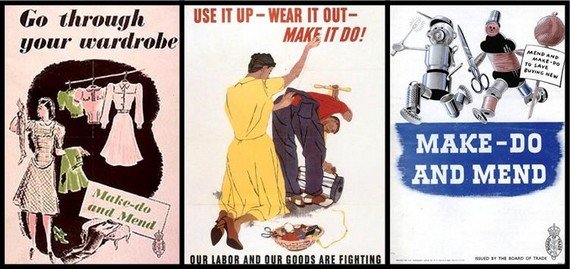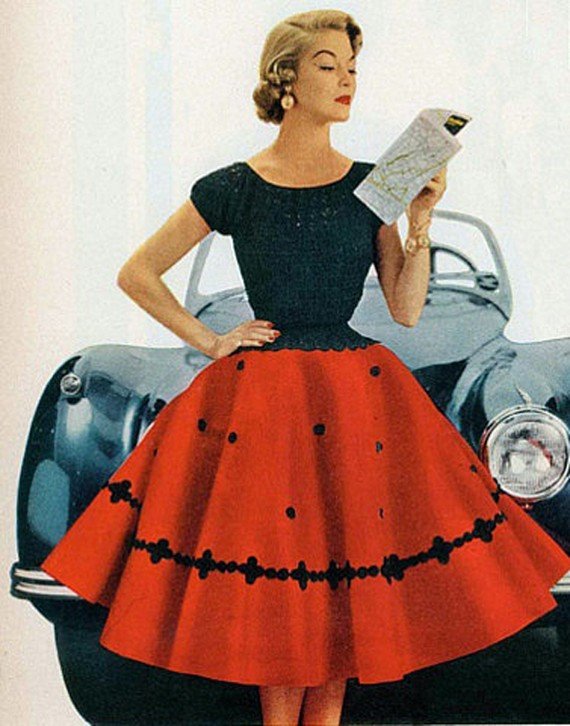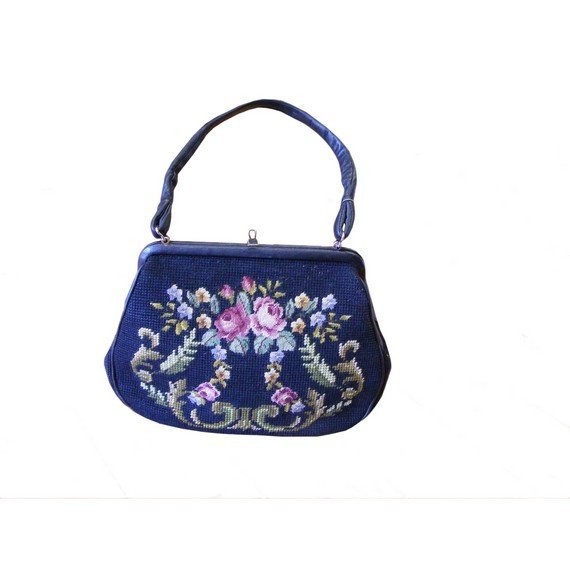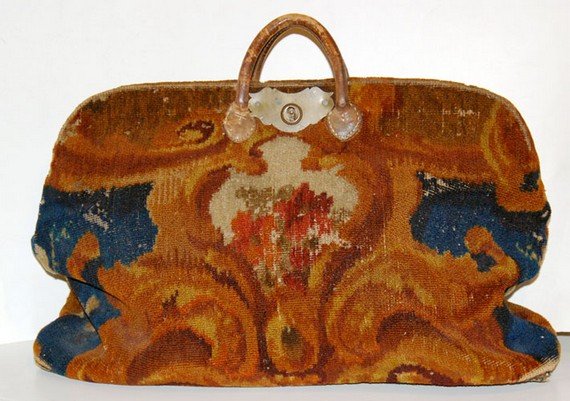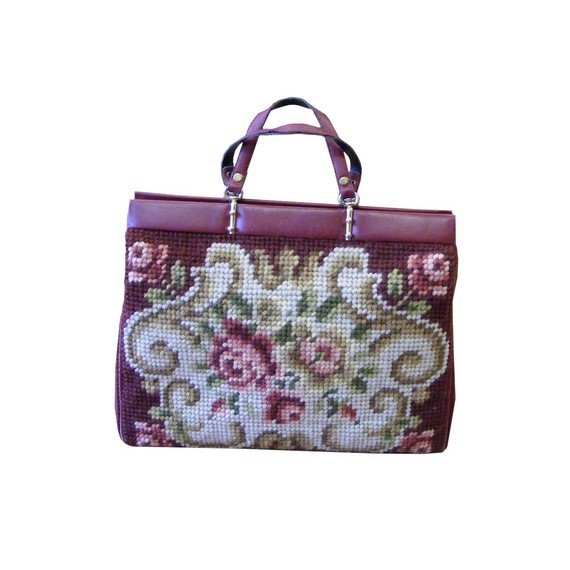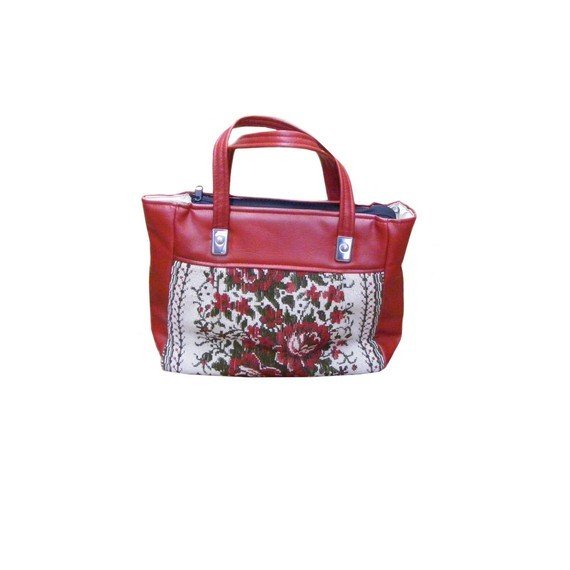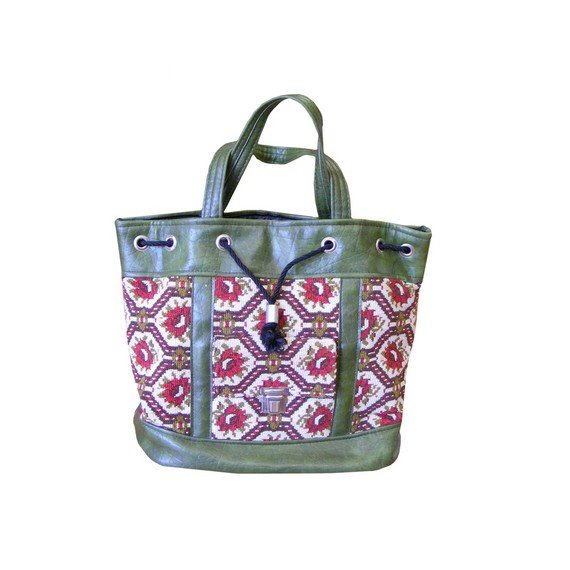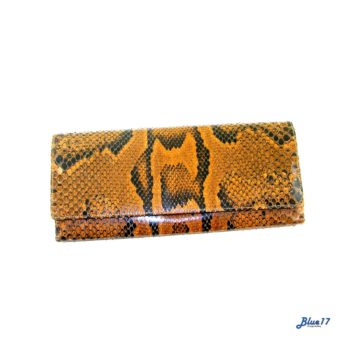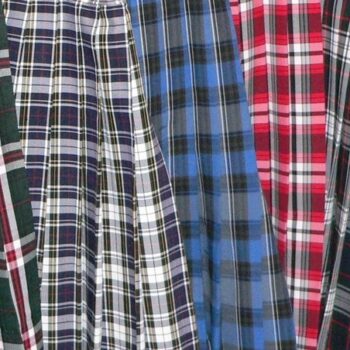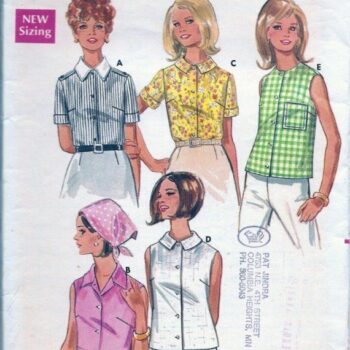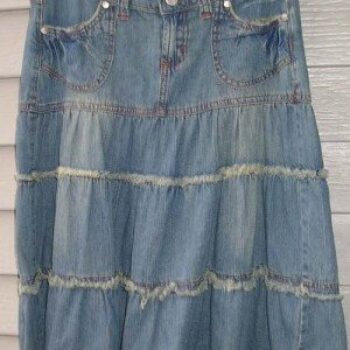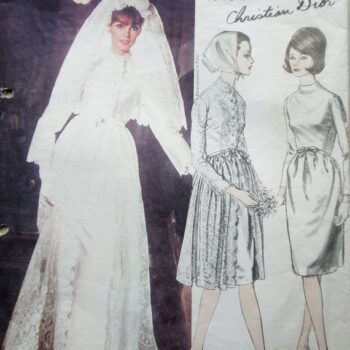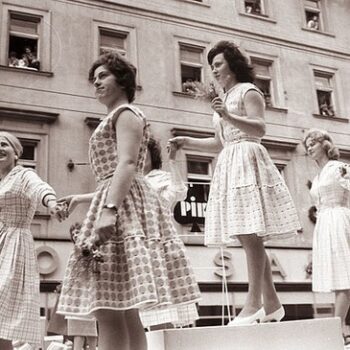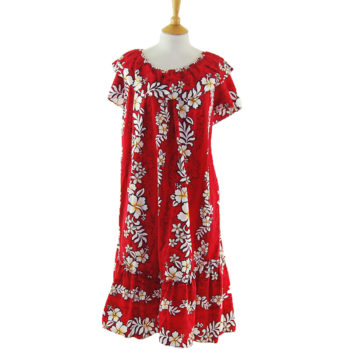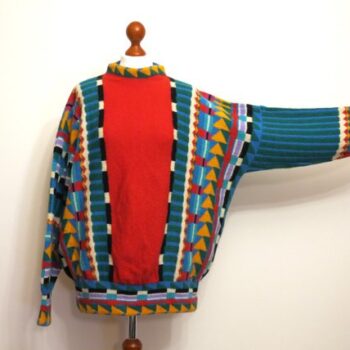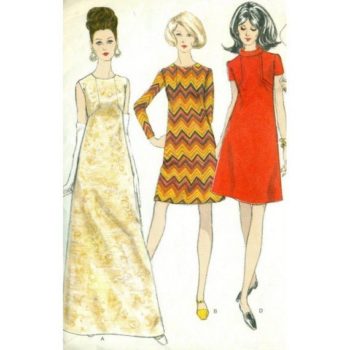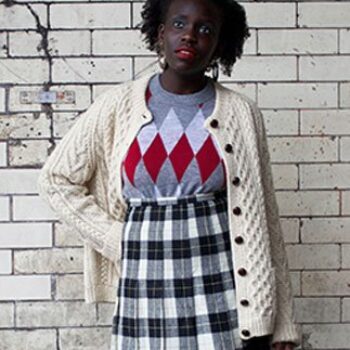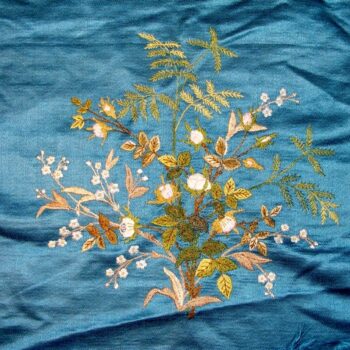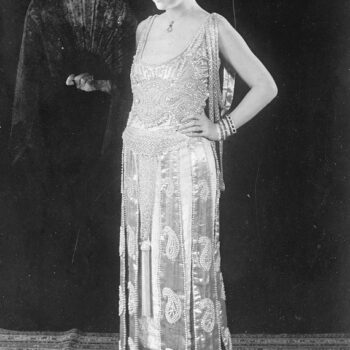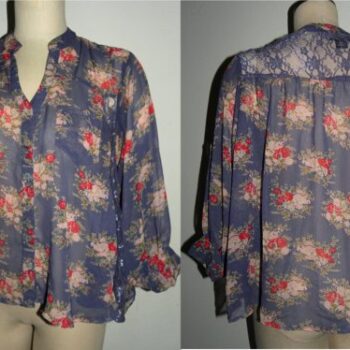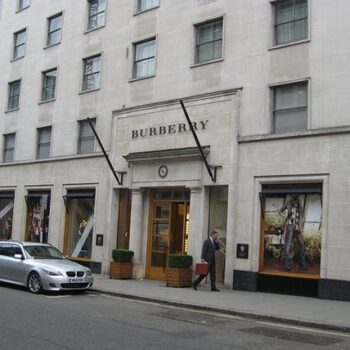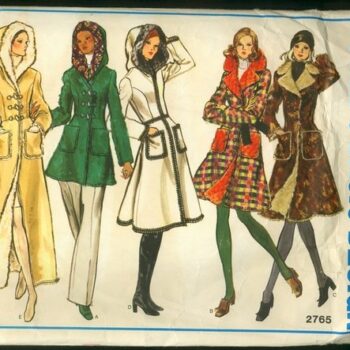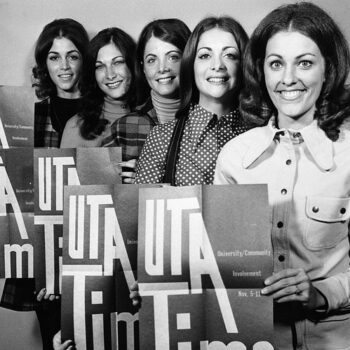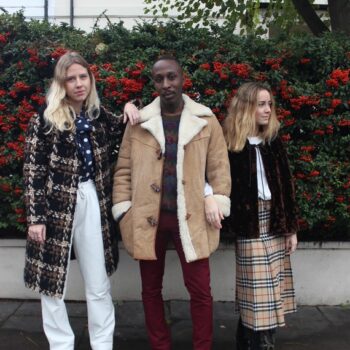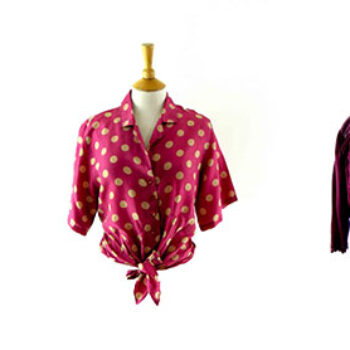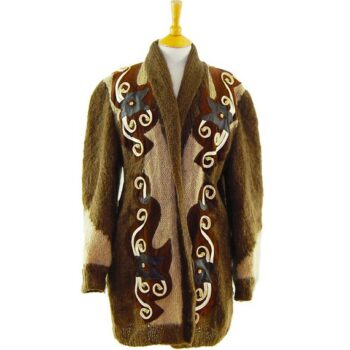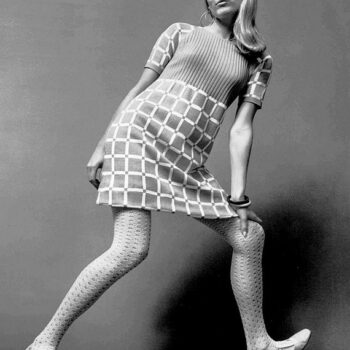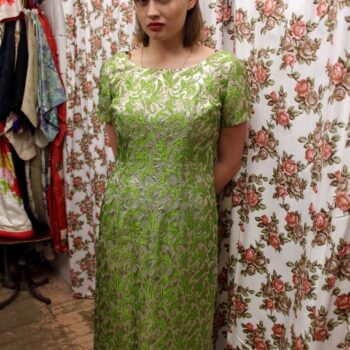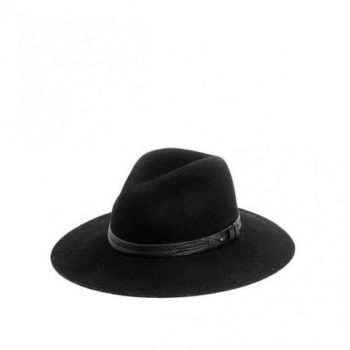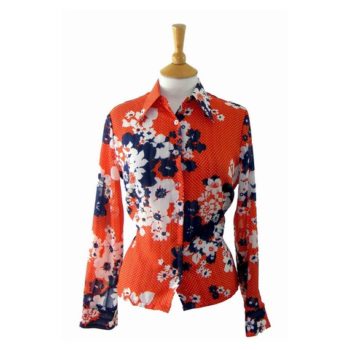Tapestry handbags 50s to 70s
February 11, 2015As we know accessories were an important part of an outfit regardless of its practicality – you could be dressing up or down, but gloves, hat, scarf and tapestry handbags are essential items to have with you.
What started out started as pockets, purses and wallets, graduated to the simple yet practical handbag.In the thirties bags had been flamboyant and ostentatious, but the forties had brought a certain austerity to fashion due to the war and with a shortage of materials, as we’ve seen in a previous blog, women were making their own.
From ostentation to austerity and back again
As the fifties came into being there was still a certain utilitarian way of dressing that would gradually change towards the middle of the decade, and towards the end become more exciting in fashion terms with new designers, materials and fabrics being used to create livelier clothing and accessories.
The sixties – transition, colour, shape and length
The sixties certainly became much more colourful and bright, with Pucci’s psychedelic colours and the move towards looser and often shorter garments. This decade was certainly a time of transition, moving away from the 50s silhouette and moving towards more individualistic shapes and more personalised items. As we know, the handbag had always been an essential part of a woman’s wardrobe and was important as a fashion statement as well as for more practical purposes.
The tapestry handbag becomes a popular accessory – vintage 1960s or 1970s
Colourful accessories such as handbags came in different shapes and colours and Tapestry handbags were also very popular. It was reminiscent of the 19th century, when needle point embroidery was often used for handbags and purses, which naturally, were a lot smaller than the ones they made during the sixties.
Shapes of birds, flowers, plants
They were stunning, often with a black background and vibrant hues with intricate embroidered shapes and colours that took the shape of birds, flowers, plants and simple patterns.
The sixties certainly embraced the tapestry bag and as the bag became larger so the tapestry became more intricate, even the shoulder bag was larger and with the lush tapestry patterns, it was a real fashion statement piece.
1970’s Tapestry handbags
They would be every bit as popular in the seventies, with the larger carpet bag holding its own throughout the decade.
Thinking of investing in a tapestry handbag?
With such bold patterns it’s difficult to imagine what to wear with the tapestry handbag – too many colours and patterns in your coat or in the rest of your outfit, then you’re going to be a bit of an eyesore.
Tapestry handbags – Match colours with your wardrobe
It’s best therefore to only wear plain colours, with little or no patterns and let your handbag take centre stage. Before investing in the tapestry bag, take a look at your wardrobe and carefully look at the pattern of your chosen bag, are there colours in the tapestry that are easy to match with what you already own?
Once you’ve found a Tapestry handbag that’s going to match your colours, try and match it with a pair of pants, top, skirt or dress. It should help focus on the beautiful patterns in the bag, and make whatever you’re wearing stand out.
If you have a tapestry bag with a black background then a black sweater, pants or dress creates a striking look, match it with a classic pair of heeled pumps.
Vintage tapestry handbags are still in vogue and is unlikely to go out of style anytime soon. The good news is that on Blue17 there are plenty to choose from ranging in colour, shape and size from both the sixties and seventies, so take a look around.
brigitte bardot with tapestry suitcase 1967
TAPESTRY DESIGNER BAGS HINTS ON HOW TO WEAR THEM
tapestry boots to go with tapestry bag



